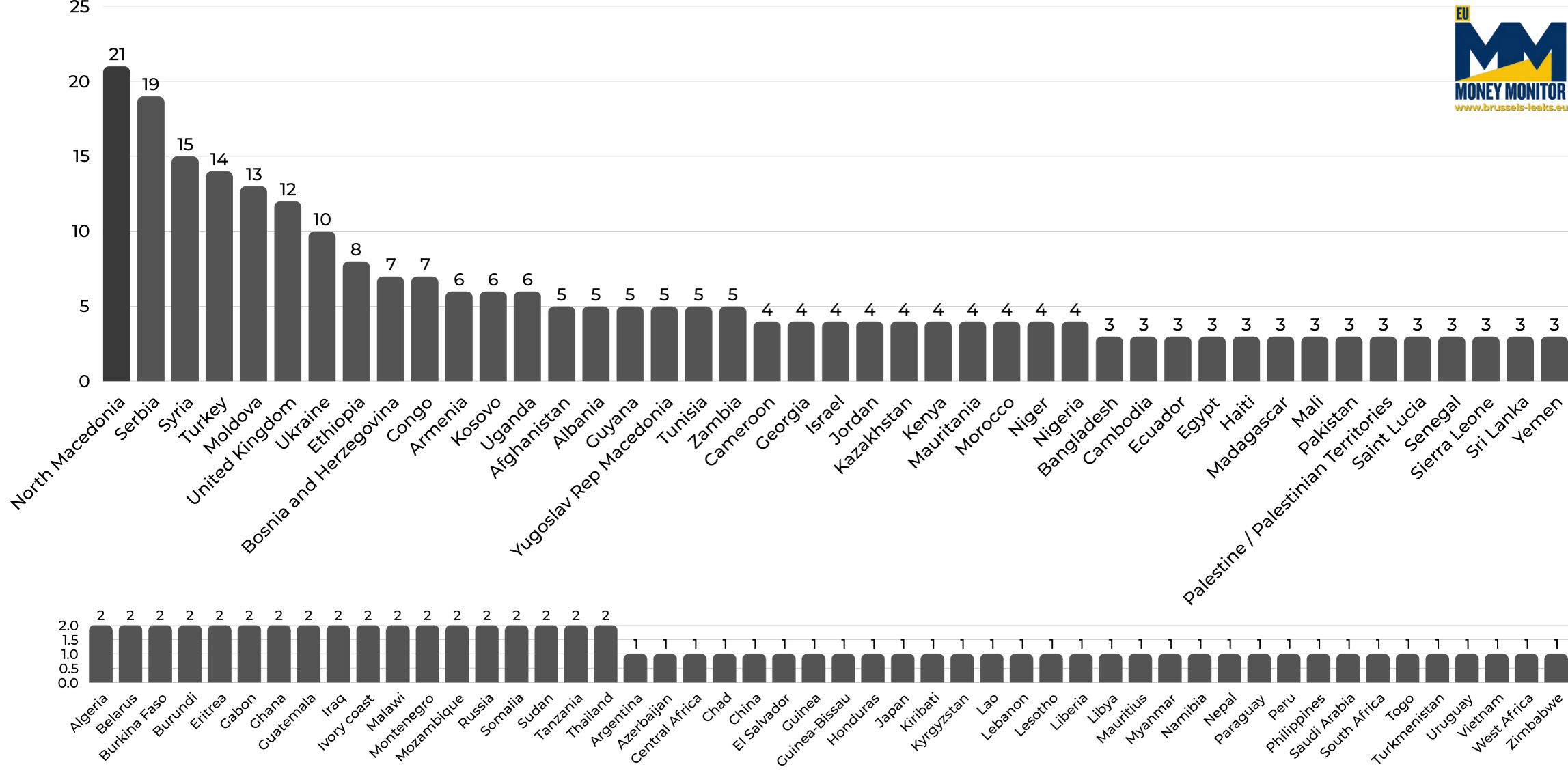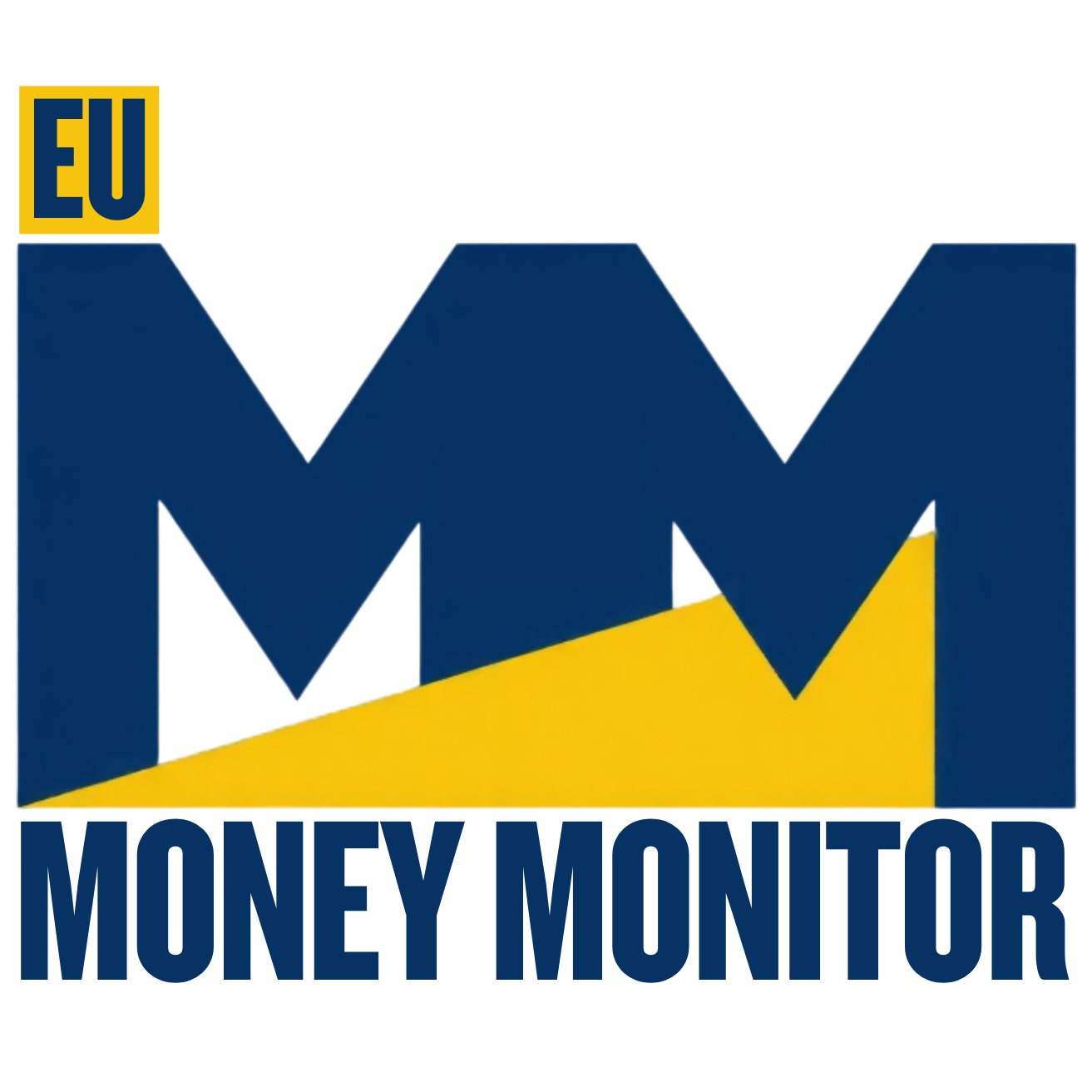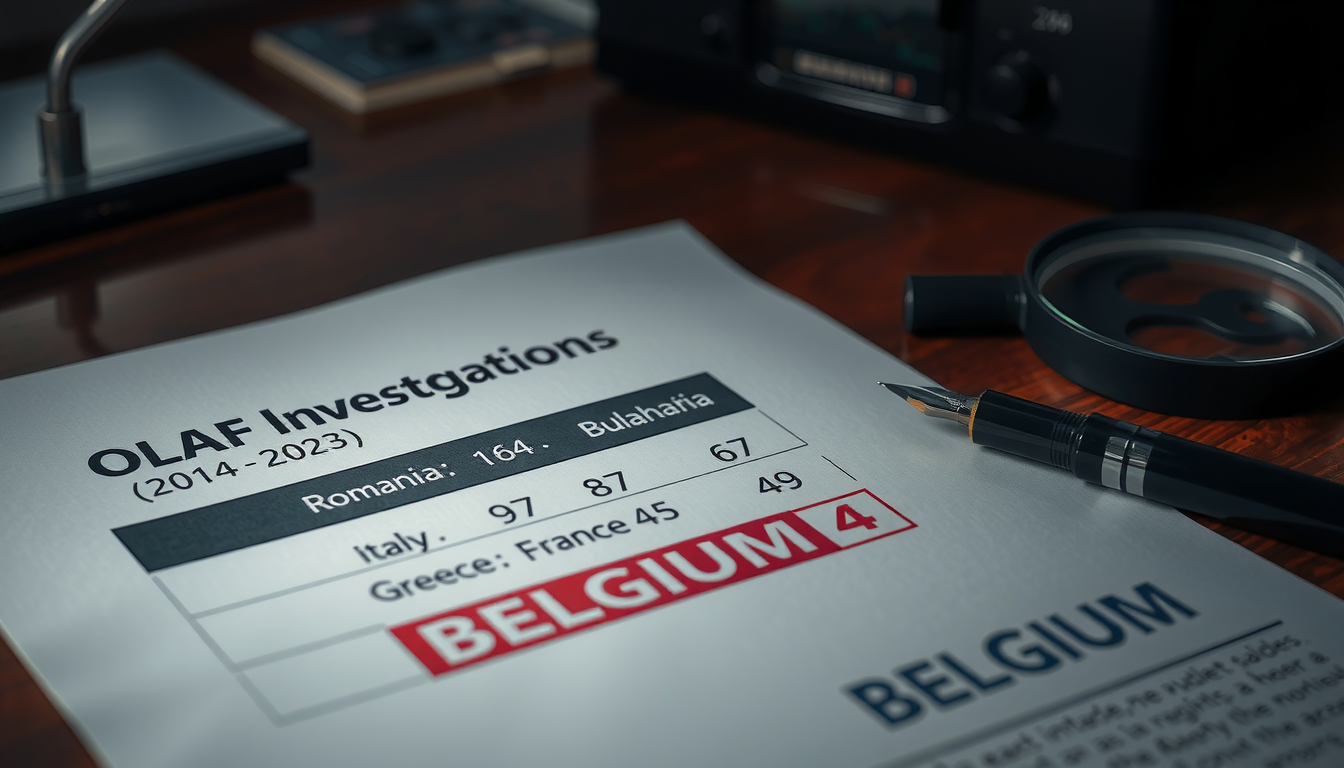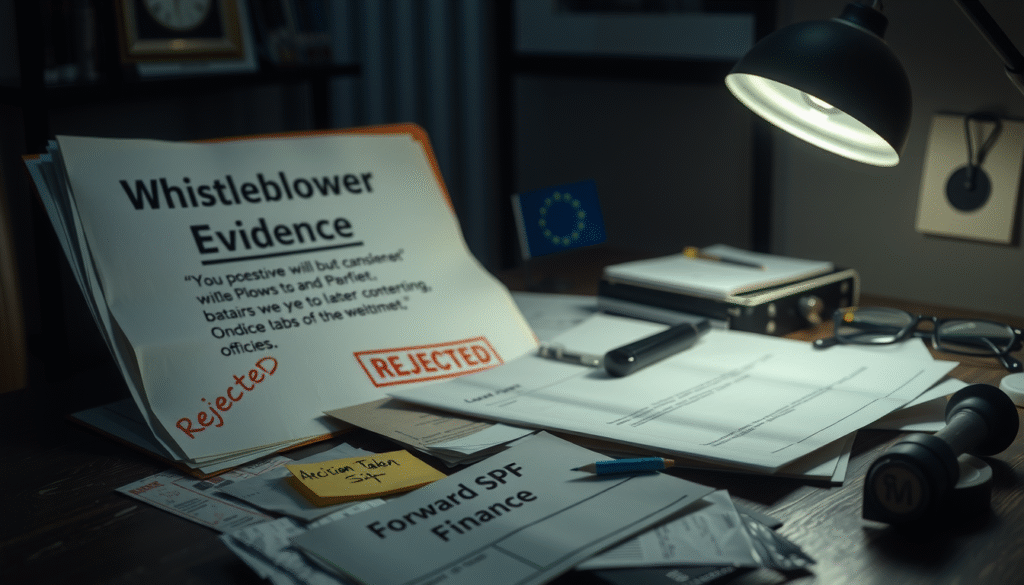Understanding OLAF's strategic priorities
The European Anti-Fraud Office (OLAF) is supposed to be the EU’s fearless watchdog, sniffing out fraud, corruption, and financial mischief across all 27 member states and way beyond.
Let’s go over the last 10 reported years of OLAF’s investigations where some countries are treated like fraud factories, while others, like fraud-free kingdoms. Let’s take Belgium, the 6th most EU-funded EU member — home to Brussels, OLAF itself, and a cozy €31.1 billion in EU funds — has managed to rack up a grand total of… four (4) investigations in ten years.
► Investigations start when OLAF receives reports from national authorities, EU bodies, or whistleblowers — or when it applies its undisclosed “strategic priorities” — a process that remains completely untransparent.
This below are the total 915 EU-27 OLAF investigations over the last 10 reported years: 2014-2023. 1239 OLAF concluded cases, 324 are NON-EU.

According to OLAF’s own annual reports, CONGO, UGANDA, ZAMBIA, KOSOVO, SYRIA were investigated more often than Belgium and other 8 EU members.

Where fraud isn’t investigated, it isn’t found: how OLAF shapes EU Fraud perceptions
The lack of investigations doesn’t necessarily mean countries are fraud-free, it may simply mean no one is looking closely enough to find it. This creates a self-perpetuating cycle: fewer investigations lead to a cleaner reputation, which reduces scrutiny even further.
Transparency International’s Corruption Perceptions Index consistently ranks countries like Finland and Luxembourg among the least corrupt globally — but these rankings are based on perception rather than hard investigative data. In contrast, Romania and Bulgaria are often perceived as corrupt precisely due to frequent investigations by OLAF.
OLAF's tunnel vision: where Oversight meets Reputation
The below chart paints a striking picture of EU funding oversight, and its glaring gaps. When we speak about the amount of EU funding VS OLAF investigations, a pattern is clearly noticeable. While countries like Romania, Hungary, Bulgaria, Italy and Poland appear to be OLAF’s top clients, Belgium, Luxembourg, and Finland seem to exist in a parallel universe of untouchable integrity.
Is this disparity reflective of actual fraud levels, or does it reveal a deeper issue about where OLAF chooses to look?

Romania (€16.66 billion in funding) has been investigated 164 times by OLAF over the past decade. Hungary (€9.11 billion) and Bulgaria (€7.61 billion) follow closely with 110 and 97 investigations respectively. These countries are often labeled as hotspots for EU fund mismanagement — but is that because fraud is rampant or because OLAF’s spotlight rarely moves away from them?
Is Belgium untouchable?
Belgium is the largest recipient of direct management private sector EU funding per capita (€1,837 per citizen).
Over the past ten years, Belgium has received €31.1 billion in EU funding. And how many times did OLAF, the EU’s anti-fraud watchdog, find something suspicious? Just four (4) times in a decade. A performance metric no other EU country can dream of.
Belgium occupies the 14th place in EPPO opened investigations in 2023 and 12th in 2024.
The lack of investigations raises critical questions: is Belgium truly clean, or is it simply intentionally overlooked?
The national oversight in these "fraud-rich" and "fraud-free" nations
To provide a comprehensive overview of national oversight mechanisms in the top 4 most investigated EU countries and compare them to Belgium and other least investigated countries, let’s examine their dedicated anti-fraud offices and cooperation with OLAF.
Top 4 most investigated countries
1. Romania:
- EU Funding: €16.66 billion
- OLAF Investigations: 164
- Dedicated Anti-Fraud Office: YES, Direcția Generală Anticorupție (DNA) and Agenția Națională de Integritate (ANI).
- Romania’s active reporting by its anti-fraud agencies contributes to its high number of OLAF investigations. The Fight Against Fraud Department (DLAF) also plays a crucial role in protecting EU financial interests.
2. Hungary:
- EU Funding: €9.11 billion
- OLAF Investigations: 110
- Dedicated Anti-Fraud Office: YES, Központi Nyomozó Főügyészség.
- Hungary’s robust anti-fraud mechanisms and cooperation with OLAF enhance its investigation numbers. The Hungarian Prosecutor General’s Office collaborates closely with OLAF to address cross-border crimes.
3. Bulgaria:
- EU Funding: €7.61 billion
- OLAF Investigations: 97
- Dedicated Anti-Fraud Office: YES, Дирекция за защита на финансовите интереси на ЕС (AFCOS) within the Ministry of Interior.
- Bulgaria’s anti-fraud efforts, led by AFCOS, contribute to its high number of OLAF investigations. AFCOS acts as a national contact point with OLAF and coordinates administrative checks to detect irregularities.
4. Italy:
- EU Funding: €88.05 billion
- OLAF Investigations: 87
- Dedicated Anti-Fraud Office: YES, Autorità Nazionale Anticorruzione (ANAC) and Guardia di Finanza.
- Italy’s large EU funding allocation and dedicated anti-fraud agencies contribute to its investigation numbers. ANAC focuses on corruption prevention, while Guardia di Finanza handles financial fraud.
Least investigated countries
1. Luxembourg:
- EU Funding: €6.12 billion
- OLAF Investigations: 0
- Dedicated Anti-Fraud Office: NO
- Luxembourg’s robust financial sector and low EU fund dependence might explain its lack of OLAF cases, but the absence of a dedicated anti-fraud office raises questions about oversight.
2. Belgium:
- EU Funding: €31.16 billion
- OLAF Investigations: 4
- Dedicated Anti-Fraud Office: NO
- Belgium’s lack of a dedicated anti-fraud office and reliance on general judiciary bodies for fraud investigations might contribute to its low OLAF investigation count.
To be fully fair and transparent, we are not claiming that OLAF is biased. But when patterns of disproportionate scrutiny emerge, citizens have a right to ask hard questions — and expect clear answers.
What OLAF needs to answer
- Does OLAF actively prioritize certain countries while ignoring others?
- Why doesn’t OLAF publish the number of allegations received per country?
- How many fraud suspicions were reported in Belgium and Luxembourg but not pursued?
- Does OLAF rely disproportionately on incoming allegations from national anti-fraud offices? If so, how does this impact countries without such offices?
- How does OLAF ensure balanced scrutiny across all member states? Are there mechanisms to proactively investigate underreported countries?
- Does OLAF believe that fewer investigations correlate with lower fraud levels, or could this indicate systemic underreporting?
- Would OLAF recommend mandatory anti-fraud offices for all member states to ensure consistent reporting and oversight?
What OLAF did answer:
“Please note that OLAF’s investigative decisions are not based on geographical distribution or volume targets per country. OLAF does not and cannot initiate investigations merely to “balance” numbers across Member States. OLAF’s Director-General may open an investigation based on Article 5 Regulation 883/2013, if there is sufficient suspicion of fraud, corruption or other illegal activity affecting the financial interests of the Union. The volume of OLAF investigations per country cannot be interpreted as a proxy for the level of fraud with EU funds in that country.
OLAF Press Office”
OLAF did not address one single question we asked. They do not publish the number of allegations received per country, nor did they refer to the number of fraud suspicions reported in Belgium.
Do you believe this image in Belgium is the result of perfect governance? Or is it the product of institutional opacity, missing anti-fraud infrastructure, and an oversight system that rewards silence with spotless reputations?
Where the teacher isn’t looking, there’s nothing to grade. And where there’s no grading system at all, reputations remain pristine.
If OLAF continues to focus disproportionately on certain member states while ignoring others, it risks reinforcing false narratives about corruption and fraud across Europe. It’s time for balanced scrutiny that ensures every country plays by the same rules — because where there’s money, there’s always room for questions.




